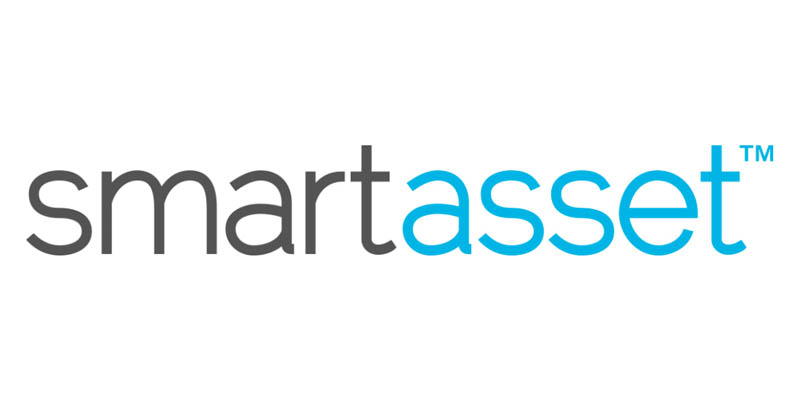Taxes in New Hampshire
Updated:
Retirement Living takes an unbiased approach to our reviews. We may earn money when you click a partner link. Learn More

New Hampshire is the only New England state that doesn’t impose an income tax—but other taxes on residents are significant. Below, we explain various New Hampshire state taxes affecting retirement income, such as sales tax, inheritance tax, and property taxes.
For information regarding taxes in other states, see Retirement Taxes by State.
New Hampshire Tax Rates
| State Sales Tax | 0% |
| Avg State/Local Sales Tax | 0% |
| Gas Tax | $0.22 per gallon |
| Diesel Tax | $0.22 per gallon |
| Cigarette Tax | $1.78 per pack |
| Income Tax | 0% |
| Effective Tax Rate: | 0% |
| Property Tax | 2.18% |
| Social Security Tax | None |
| Medical/Dental Deduction: | Yes |
| Federal Income Tax Deduction: | Yes |
| Retirement Tax | None |
New Hampshire State Taxes Explained
New Hampshire Sales Tax
New Hampshire does not levy a sales tax. However, New Hampshire charges a 9% sales tax on restaurant meals, prepared food, hotel rooms and car rentals. There’s a tax on telecommunication services, alcohol, and real estate transfers. Residents are taxed $.00055 per kilowatt-hour of electricity consumed.
New Hampshire Income Taxes
New Hampshire does not tax earned income. The state has a 5% individual income tax rate that’s levied only on interest and dividends income.
New Hampshire Property Taxes
New Hampshire’s effective property tax rate is 2.18%, which is high compared to other states. The median home value is $261,700 with a $5,701 tax bill. The state offers exemptions for individuals who are blind, deaf, have disabilities, or are 65 years old on April 1 of the tax year.
The Elderly Exemption program for seniors requires New Hampshire residency for at least five years. Local governments set other eligibility rules, and the state requires a minimum $5,000 exemption off assessed home value.
New Hampshire’s property tax deferral program is available to taxpayers aged 65 and older. Disabled individuals receiving benefits under Social Security Title II or Title XVI also qualify. The deferral is granted annually to those who prove financial hardship. Total deferred taxes and the 5% interest can’t exceed 85% of the owner’s equity. The tax lien is due within nine months of the property owner’s death.
New Hampshire offers the Low and Moderate Income Homeowner’s Property Tax Relief program to those who own a home subject to the state education property tax. The total household income to qualify is $37,000 or less, or $47,000 or less if married or head of a household. Visit New Hampshire Property Exemptions & Tax Credits for more information on property taxes.
New Hampshire Retirement Taxes
New Hampshire does not tax retirement income.
New Hampshire Estate and Inheritance Taxes
New Hampshire has no inheritance tax or estate tax.
For further tax information, visit the New Hampshire Department of Revenue Administration.
